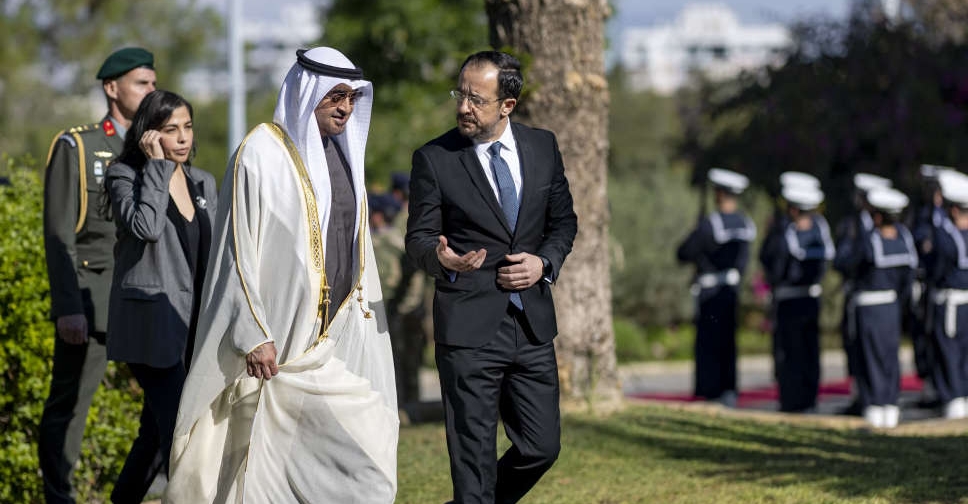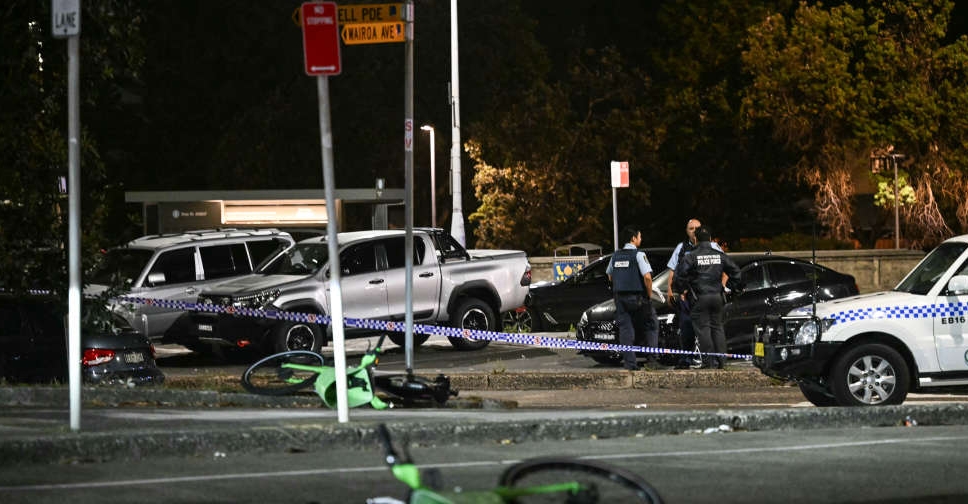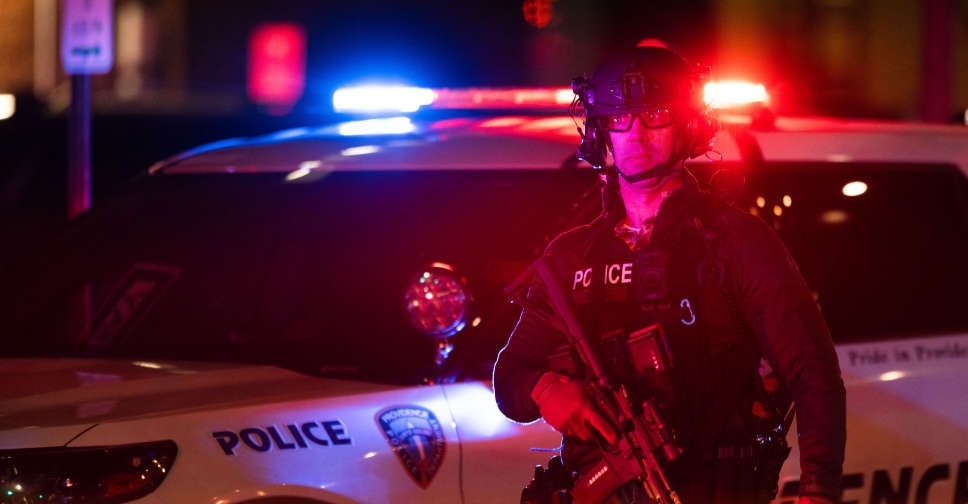
The UAE has attended a meeting of the Organisation of Islamic Cooperation in Jeddah to discuss a unified Islamic position on the on-going situation at Al-Aqsa Mosque.
Sheikh Nahyan bin Saif Al Nahyan, UAE Ambassador to Saudi Arabia and Permanent Representative to the Organisation of Islamic Cooperation, headed the country's delegation at the Extraordinary Meeting of the OIC Executive Committee for Permanent Representatives.
He reiterated the UAE strongly condemned the storming of the Mosque by Israeli police forces, and the attacks on worshippers, stressing the need to protect the Mosque and halt the serious violations taking place there.
Furthermore, he underscored the need to respect the custodial role of the Hashemite Kingdom of Jordan over the holy sites in accordance with international law and the historical context at hand, and not to compromise the authority of the Jerusalem endowment that manages the affairs of Al-Aqsa Mosque.
Sheikh Nahyan reiterated that the UAE rejects all practices that violate international resolutions and cause further escalation in the region.
Sheikh Nahyan stressed that the UAE supports all regional and international efforts to advance the Middle East peace process based on the two-state solution leading to the establishment of an independent Palestinian state on the 1967 borders, with East Jerusalem as its capital, in line with UN resolutions and the Arab Peace Initiative, to create an appropriate environment that will allow a return to serious negotiations leading to the achievement of a just, comprehensive and lasting peace.
Hissein Brahim Taha, OIC Secretary-General, reiterated the strong condemnation of all policies and measures aimed at erasing the identity of Al-Quds Al-Sharif, stressing that it is an integral part of the occupied Palestinian territories and the capital of the State of Palestine, and that Al-Aqsa Mosque is a place of worship for Muslims only.
Hissein Brahim Taha stressed that all Israeli decisions and actions aimed at changing the geographical and demographic status of the city and affecting the historical and legal status of its holy sites have no legal basis and are considered invalid under international law and relevant United Nations resolutions.
The meeting was held at the headquarters of the General Secretariat of the Organisation in Jeddah.




 UAE President receives official welcome at Presidential Palace in Nicosia
UAE President receives official welcome at Presidential Palace in Nicosia
 Rain hits parts of UAE: Dubai Police issues public safety SMS alerts
Rain hits parts of UAE: Dubai Police issues public safety SMS alerts
 UAE condemns terrorist shooting at Bondi Beach
UAE condemns terrorist shooting at Bondi Beach
 UAE condemns shooting at Brown University in US
UAE condemns shooting at Brown University in US
